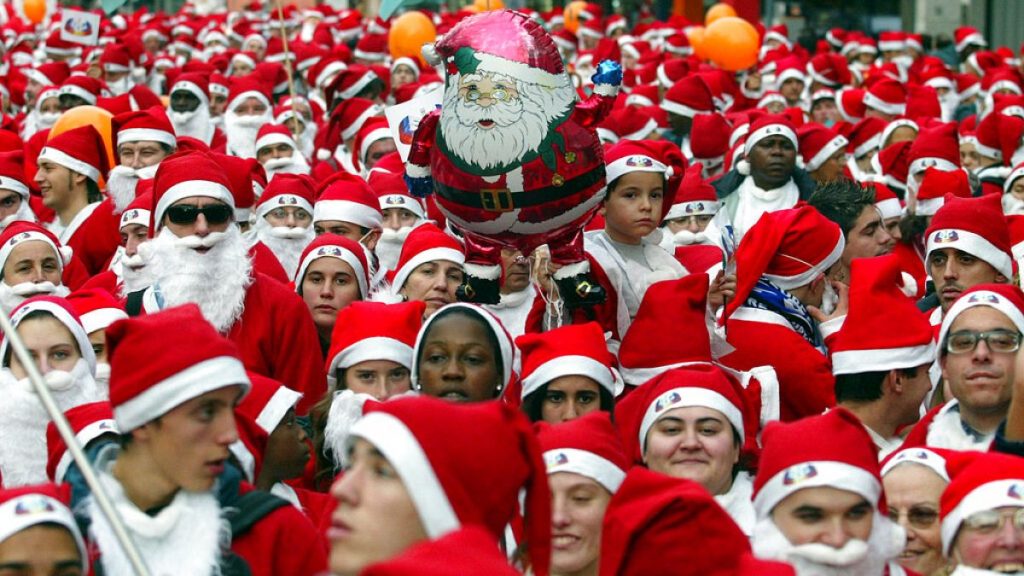Christmas, a holiday celebrated across Europe, embodies the continent’s motto of “United in Diversity” through its varied and evolving traditions. While generally a time of festivity, Christmas celebrations have encountered opposition from certain religious and political ideologies throughout history, leading to temporary bans and shifts in observance.
Several European nations banned Christmas celebrations at various points in their history. In 17th-century Scotland and England, Puritan movements sought to suppress Catholic practices, leading to bans on Christmas festivities. However, these prohibitions were largely unpopular and ultimately short-lived. In revolutionary France, a drive towards de-Christianization resulted in the ban of religious holidays, including Christmas. Yet, this did not extinguish the spirit of celebration among the French populace. Similarly, the Soviet Union abolished religious festivities, including Christmas, under its atheistic doctrine.
The divergence in Christmas Day observance stems from the different calendars used by the Catholic and Orthodox Churches. The Gregorian calendar, introduced by Pope Gregory XIII in 1582, corrected inaccuracies in the Julian calendar. While the Catholic Church adopted the Gregorian calendar, some Orthodox Christian communities adhered to the Julian calendar. This resulted in a 13-day difference, with some Orthodox Christians celebrating Christmas on January 7th. However, several Orthodox communities, including those in Romania, Greece, Bulgaria, and Cyprus, have aligned with the Gregorian calendar and celebrate Christmas on December 25th. Following Russia’s invasion, Ukraine also transitioned to observing Christmas on December 25th, 2023.
The relative importance of Christmas Eve and Christmas Day varies across Europe. In northern European countries like Germany, Finland, Sweden, Norway, and Denmark, Christmas Eve holds greater significance, often being the day for exchanging gifts. In contrast, Christmas Day is the primary day of celebration in the UK, with gift-giving typically occurring on Boxing Day (December 26th). Scotland, with its Celtic and Norse traditions, places greater emphasis on Hogmanay (New Year’s Eve) than on Christmas. In southern European countries such as France, Portugal, Italy, and Spain, both Christmas Eve and Christmas Day are considered equally important, albeit with different focuses. Christmas Eve is generally a more intimate affair with close family, while Christmas Day festivities are broader, encompassing extended family and friends.
The Christmas traditions across Europe highlight the continent’s rich tapestry of cultures and historical influences. From banned celebrations to varying dates and customs, the evolution of Christmas traditions reflects the complex interplay of religion, politics, and cultural heritage. Despite attempts to suppress or alter the holiday, the enduring spirit of Christmas persists, demonstrating its adaptability and resilience.
The diversity of Christmas celebrations across Europe underscores the continent’s unique blend of unity and diversity. While historical and religious factors have shaped the observance of the holiday, the core spirit of Christmas endures, adapting to specific cultural contexts. The variations in dates, customs, and significance of Christmas Eve and Christmas Day demonstrate the richness of European traditions and the dynamic interplay of cultural influences that continue to shape this festive season. From the hushed reverence of Christmas Eve in Northern Europe to the extended family feasts on Christmas Day in Southern Europe, the diverse traditions reflect a shared human desire for connection, celebration, and the marking of a significant time of year.

